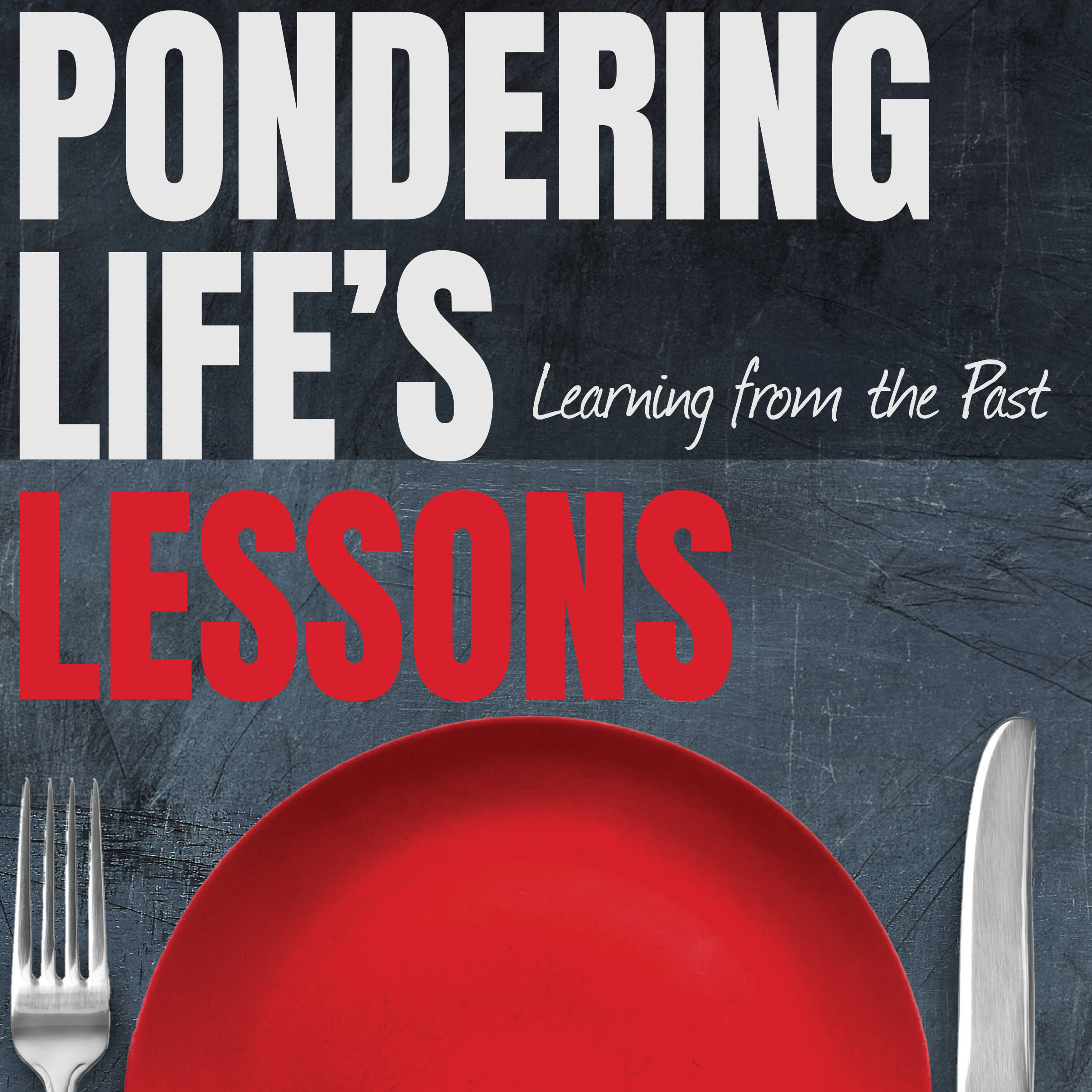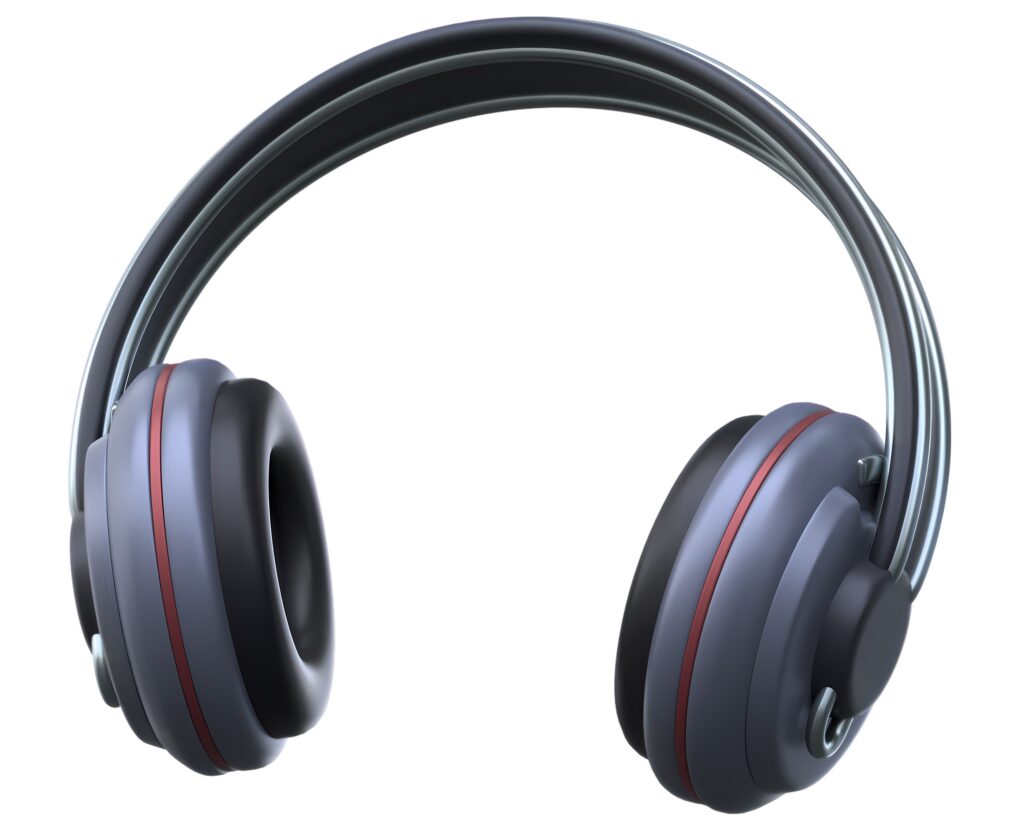
After World War II my dad held several jobs. He worked on a production line, delivered horse meat to stores in Mt. Clemens and Detroit, made beverage deliveries for my Uncle Harry Mac’s father, and finally Faygo. He worked as a teamster for Faygo Beverages for over thirty years.
The company was originally the Feigenson Brothers Bottling Works founded by two brothers, Perry and Ben Feigenson, in Detroit. Perry was originally a baker. He used his frosting recipes to develop their first three soda pop flavors: strawberry, grape, and fruit punch. They hand washed the bottles in tubs, mixed the pop in pots and pans, siphoned it into the bottles, and hand capped them. They mixed and bottled one day and sold their product the next. The bottled beverage was delivered by a horse drawn wagon. They sold it to saloons and stores throughout Detroit.
While Faygo had its roots in the baking industry, Detroit’s first “soda pop” was a ginger ale developed by a pharmacist, James Vernor. Another pharmacist created Dr. Pepper in Waco, Texas. An Atlanta pharmacist invented Coca Cola and still another pharmacist invented Pepsi-Cola. The pharmacists created their drinks to be made with soda water shot into a glass and consumed on the spot. They originally developed their concoctions for medicinal purposes in the late 1800s. The Feigenson brothers only goal was to make good tasting pop. They started their business in 1907. They changed the name to Faygo because Feigenson Brothers Bottling Works was too long to fit on the new company logo.
About the time dad joined the company Perry’s sons, Morton and Herman, and Ben’s son, Philip, were brought into the business. They grew with the company and eventually became its leaders. Dad often spoke of seeing “Mort” and “Phil” in the bottling plant and loading area, while Herman remained inside his office. Mort was in charge of advertising and sales. Phil was the director of production, and Herman ran the business affairs.
Dad’s job was simple. Sell pop. Many of his “stops” were mom and pop stores located throughout the Detroit metropolitan area. As a teamster he was able to bid on routes as they became available. He made his decisions based upon two things, the potential for increased sales, and thus his pay, as well as the location of the routes. Routes located in the suburbs took longer to run because of their distance to and from “the plant” on Gratiot Avenue. As a result, Dad was more inclined to bid on Detroit routes rather than venture too far out into the suburbs.
I recall one time when he was asked to work on a Saturday. He was asked if he would like to deliver “a load of cans” to a store in Albion. It would be a simple delivery, and a big bonus, as much of his income was based upon sales. The single drop of a truckload of pop was too much to turn down. The hitch was the load was over the weight limit on Michigan roads for his size truck . He had to develop a route that would avoid the truck scales between Detroit and Albion. He studied and determined his best option. I’m sure mom held her breath that entire day, but he proved to be successful.
TBC

